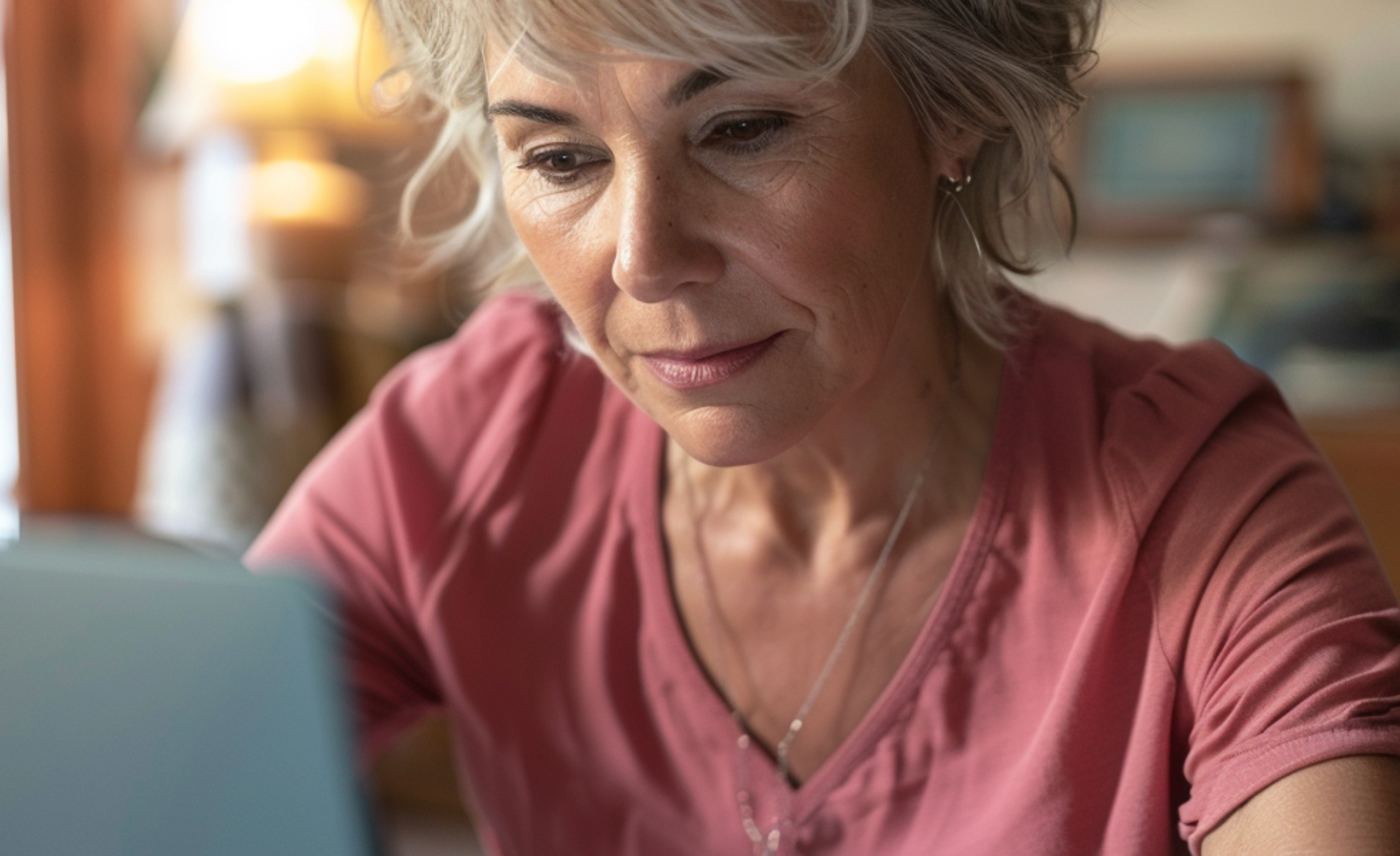

Plan your expenses and deductions strategically each year
Egestas tincidunt ipsum in leo suspendisse turpis ultrices blandit augue eu amet vitae morbi egestas sed sem cras accumsan ipsum suscipit duis molestie elit libero malesuada lorem ut netus sagittis lacus pellentesque viverra velit cursus sapien sed iaculis cras at egestas duis maecenas nibh suscipit duis litum molestie elit libero malesuada lorem curabitur diam eros.
- Morbi fringilla molestie magna sed dictum. Praesent pharetra turpis augue.
- Cras mi purus, viverra vitae felis sit amet, tincidunt fringilla lorem.
- non mattis urna ex nec sem. Donec varius diam et suscipit venenati proin tincidunt
- Quisque euismod posuere lacus sit amet volutpat. Praesent vel imperdiet
Maintain accurate and organized financial records for easy reporting
Tincidunt pharetra at nec morbi senectus ut in lorem senectus nunc felis ipsum vulputate enim gravida ipsum amet lacus habitasse eget tristique nam molestie et in risus sed fermentum neque elit eu diam donec vitae ultricies nec urna cras congue et arcu nunc aliquam at.

Talk to a tax professional for expert guidance
At mattis sit fusce mattis amet sagittis egestas ipsum nunc scelerisque id pulvinar sit viverra euismod. Metus ac elementum libero arcu pellentesque magna lacus duis viverra pharetra phasellus eget orci vitae ullamcorper viverra sed accumsan elit adipiscing dignissim nullam facilisis aenean tincidunt elit. Non rhoncus ut felis vitae massa mi ornare et elit. In dapibus.
- Morbi fringilla molestie magna sed dictum. Praesent pharetra turpis augue.
- Cras mi purus, viverra vitae felis sit amet, tincidunt fringilla lorem.
- non mattis urna ex nec sem. Donec varius diam et suscipit venenati proin tincidunt
- Quisque euismod posuere lacus sit amet volutpat. Praesent vel imperdiet
Personalized Marketing: AI helps in analyzing customer data to create personalized marketing campaigns
At mattis sit fusce mattis amet sagittis egestas ipsum nunc. Scelerisque id pulvinar sit viverra euismod. Metus ac elementum libero arcu pellentesque magna lacus duis viverra. Pharetra phasellus eget orci vitae ullamcorper viverra sed accumsan. Elit adipiscing dignissim nullam facilisis aenean tincidunt elit. Non rhoncus ut felis vitae massa. Elementum elit ipsum tellus hac mi ornare et elit. In dapibus.
“Amet pretium consectetur dui aliquam. Nisi quam facilisi consequat felis sit elit dapibus ipsum nullam est libero pulvinar purus et risus facilisis”
Use accounting and tax software to make management easier
Placerat dui faucibus non accumsan interdum auctor semper consequat vitae egestas malesuada quam aliquam est ultrices enim tristique facilisis est pellentesque lectus ac arcu bibendum urna nisl pharetra bibendum felis senectus dolor commodo quam elementum sapien suscipit qat non elit sagittis aliquam a cursus praesent diam lectus tellus mi lobortis in amet ac imperdiet feugiat tristique nulla eros mauris id aenean a sagittis et pellentesque integer ultricies sit non habitant in cras posuere dolor fames.
Elder Abuse is a topic that isn’t written about enough, which is why the United Nations designated June 15 as World Elder Abuse Awareness Day (WEAAD).
According to the UN, all countries are expected to see substantial growth in the number of older persons between 2015 and 2030, and that growth will be faster in developing regions, which means even more people are at risk for elder abuse.
What is Elder Abuse?
According to WHO, “Elder abuse can be defined as ‘a single, or repeated act, or lack of appropriate action, occurring within any relationship where there is an expectation of trust which causes harm or distress to an older person.’” Elder abuse comes in a variety of both intentional and unintentional forms related to neglect and systematic abuse or abuse around financial, physical, psychological, and sexual care.
WHO estimates that 15.7% of people 60 years and older are subjected to abuse, which is likely underestimated since many cases go unreported, according to their research. That means around 1 in every 6 older people experience some form of abuse. Abuse is not limited to those living in institutions or communities many times abuse is propagated by relatives or friends of the older person.
“One of the main forms and the most prolific forms of elder abuse is financial abuse,” according to CanAge’s Lisa Hartford. She explained that this often comes as a family member putting their name on an elder member’s bank account in the guise of helping to pay bills only to later completely drain the bank.
Unfortunately, elder abuse doesn’t always come from outside. “Two-thirds of elder abuse is perpetrated by family members and friends and the remaining one-third speaks to stranger frauds and scams. Overwhelmingly this is an experience of violation of trust,” said CanAge CEO Laura Tamblyn Watts.
Join the Discussion
CanAge, a budding Canadian senior advocacy agency, is putting together policies to help protect seniors including policy to introduce ways of keeping residents socially engaged and not isolated. CanAge is actively trying to get more funding for elder response and elder abuse organizations. Considering that Canadian Dr. Elizabeth Podniek helped to bring about the awareness that led to the establishment of World Elder Abuse Awareness Day, this is a topic dear to CanAge’s mission.
One of the unique topics that will be discussed by Watts, is “whether or not there should be an international convention on the rights of older people. CanAge believes yes!” According to Watts, “I think that opens a whole conversation about human rights. As we are thinking forward we will be thinking more about what rights mean.”
“Is social isolation a form of elder abuse?” will be discussed by an online panel of experts for WEAAD. While there is no agreed-upon answer regarding this question now, it should make for a lively debate, especially since according to Watts a Canadian study found that social isolation is as bad for one’s health as smoking 15 cigarettes a day.
“We recognize the need to prevent social isolation, especially in our senior citizens, that is why GetSetUp was founded. We wanted to create a platform where older adults could teach other older adults, all of the popular digital tools and services they need to live happy, healthier, more connected lives. Our live interactive classes help mitigate loneliness and social isolation through continuous learning,” said GetSetUp Co-Founder Lawrence Kosick, another fellow Canadian.
Kosick helped to found GetSetUp, a San Francisco based start-up, that offers community, economic, and learning opportunities to those over 50. In solidarity with the senior demographic when COVID-19 hit, the company offered over 40 free classes to its members to help them deal with the difficult times through interaction and essential skills.
Stay Vigilant — Know the Signs of Abuse and Report It
Interaction is one tool to help prevent social isolation, but awareness is essential. If you notice, signs of abuse — be sure to report them!
Abuse can be related to physical well-being like a sign of bruises, bedsores, or chafing. Though many signs are based on psychology and can be observed through behaviors like a loss of appetite, weight loss, malnutrition, or dehydration. Look for changes in your loved one’s attitude that may show depression, anxiety, agitation, or listlessness. Any significant changes are a cause for concern.
Many states offer hotlines to report through their division of aging services like that of Georgia, and the National Center on Elder Abuse, while not a center to report to itself, offers help in finding local institutions in your area. Furthermore, the US Department of Health & Human Services provides an Eldercare Locator by telephone at 1–800–677–1116 Monday through Friday, 9 AM to 8 PM Eastern Time.
To learn more or participate in the conversation consider attending the Orange County Aging Services Collaborative: 2020 World Elder Abuse Awareness Day: Aging in the COVID-19 World: event. It’s free!
Bring GetSetUp to your organization
We partner with Medicare Advantage plans, dual eligible plans, healthcare providers, Departments of Health & Human Services, Government aging services and more.




